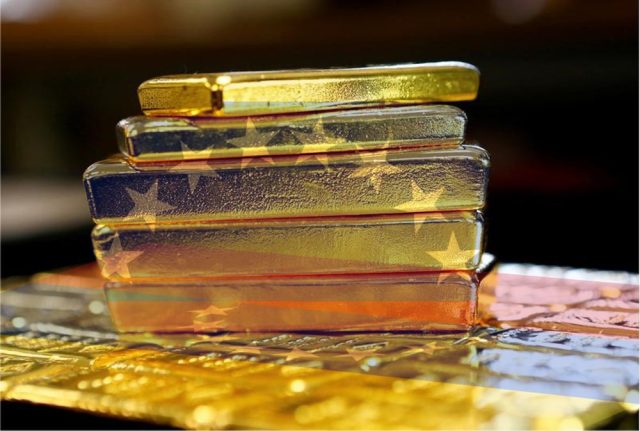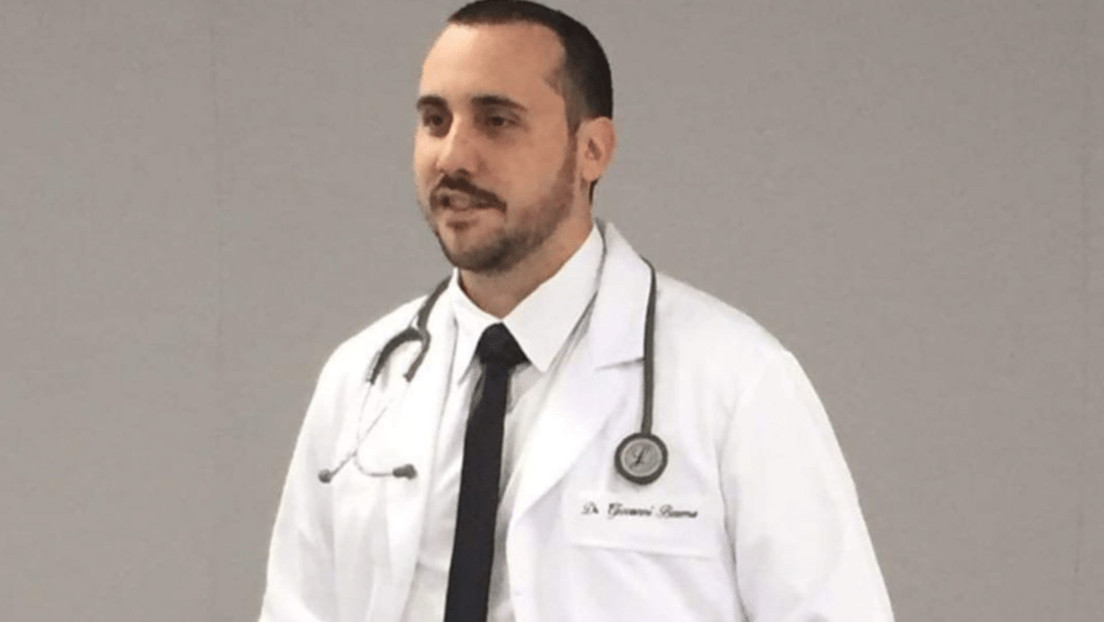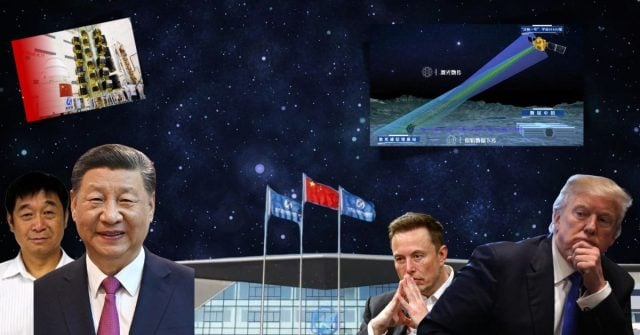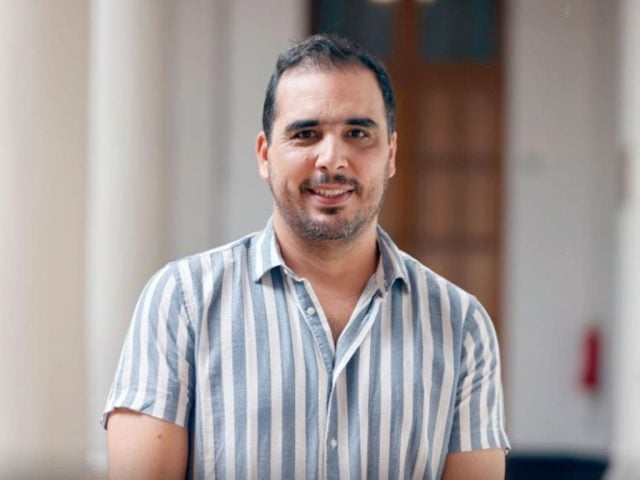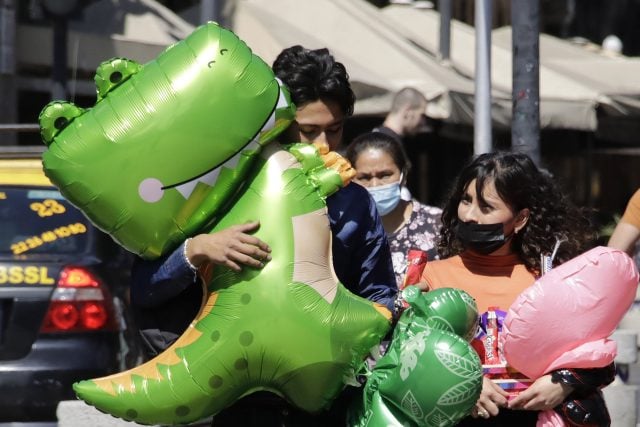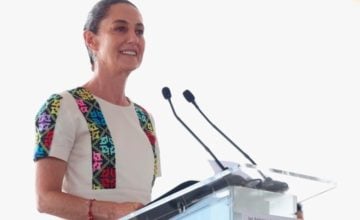Venezuela owns 32 tons of gold, valued at more than a billion dollars, but has not been able to dispose of those resources because they have been held for three years by the Bank of England. However, starting this week, a British judge can put an end to the fight.
The reason for the financial ‘kidnapping’ of the gold, according to the United Kingdom, is that the government of the resigned Boris Johnson recognized Juan Guaidó – a former opposition deputy without any popularly elected position at present – as «president in charge» of the South American nation, explains the journalist Nazareth Balbás for RT.
The decision whether or not to deliver the gold to the Central Bank of Venezuela (BCV) rests with Judge Sara Cockerill, who has been frank before the media by admitting: «Everyone wants me to issue a resolution quite quickly».
The core point on which the magistrate will have to decide is whether or not to admit the validity of a resolution of the Supreme Court of Venezuela (TSJ), which declared null the appointment of a parallel BCV «directive» by Guaidó. The issue will be debated the 18th of this month, but the sentence will not be announced immediately.
In the event that the validity of the Venezuelan Supreme Court\s ruling is accepted, «the matter ends here,» said lawyer Richard Lissack, who represents the Bolivarian government, a month ago. The resolution could finally allow the BCV to dispose of the resources deposited in the Bank of England.
If the ruling is unfavorable for the Maduro administration, it would imply a legitimization of Guaidó abroad that would give «carte blanche» to the opposition leadership «to do what they want», as explained last month by the Venezuelan government’s lawyer, Jonathan Miller.
«If they are granted authority in a general sense, the question arises as to what they have the right to do», stressed Miller, who insisted on the need to prevent opposition leaders from using the country’s resources for «personal gain».
The warning arises as a result of the notorious corruption scandals that have muddied Guaidó and his entourage due to the irregular and fraudulent handling of the resources seized from the country, through sanctions, or the financing obtained by foreign actors during the «internship».
On Tuesday, Guaidó’s press team issued a brief statement in which he assured that he recognized and respected the rule of law «that the United Kingdom is asserting once again this week», but announced that he would refrain from «making any comment during the (judicial) process».
Why the ‘dilemma’ with Venezuela ‘s gold?
In early 2019 and unconstitutionally, Guaidó swore himself in as «interim president» of Venezuela and was recognized by the US and 50 other countries, including several in the region.
With this political backing, which later included the recognition of the United Kingdom’s Government, Guaidó asked the Bank of England to refrain from delivering the gold to the BCV and appointed an «ad hoc directive» to take control of those resources.
Due to this instruction, the British High Court denied the Venezuelan State access to the ‘funds’that were deposited in the Bank of England and determined that Guaidó’s ‘ad hoc’ board should decide the destination of the tons of gold, but the BCV appealed the ruling.
One of the BCV‘s arguments was that although the United Kingdom recognized Guaidó, it did not break diplomatic relations with the Maduro administration, so the legitimacy of the former opposition deputy was questionable. For this reason, in October 2020, the appeals court reversed the decision that favored the former parliamentarian and ordered the suspension of the process in the Commercial Court «to wait» for a decision by the Supreme Court.
Against all odds, the Supreme Court did not resolve the case and returned it to the Commercial Court at the end of last year. The ruling of the highest court was branded as «puzzling» by Caracas, since although it assured that the decision of the British Executive to recognize Guaidó could not be contradicted, it did consider it necessary to evaluate the validity of the decisions of the Venezuelan Supreme Court (which annulled the actions of the former deputy).
For the Venezuelan Foreign Ministry, the ruling of the highest British court not only violated the norms of Public International Law, but also represented «serious risks» for international investors in the United Kingdom financial system, since in Caracas’ opinion, it «resorts to fraud to illegally seize resources».
